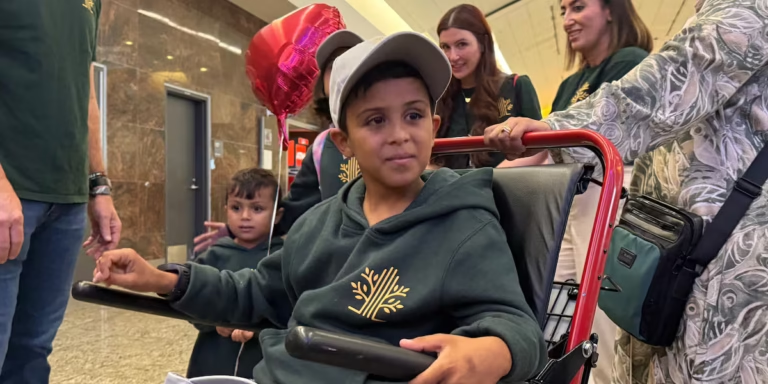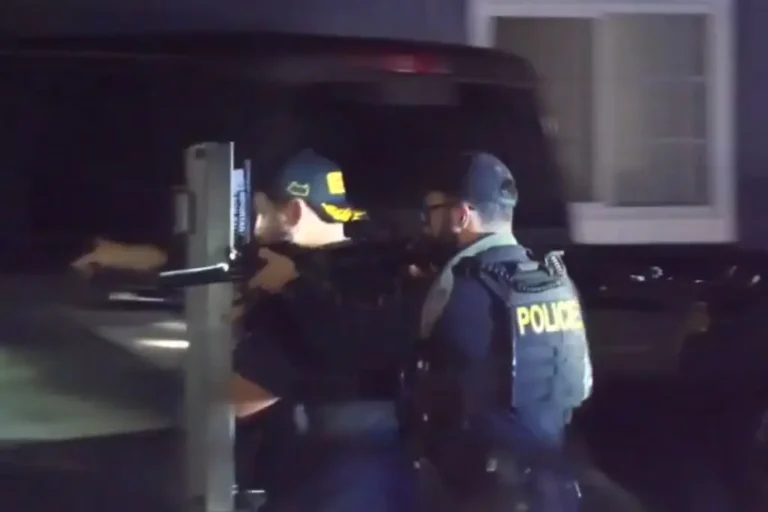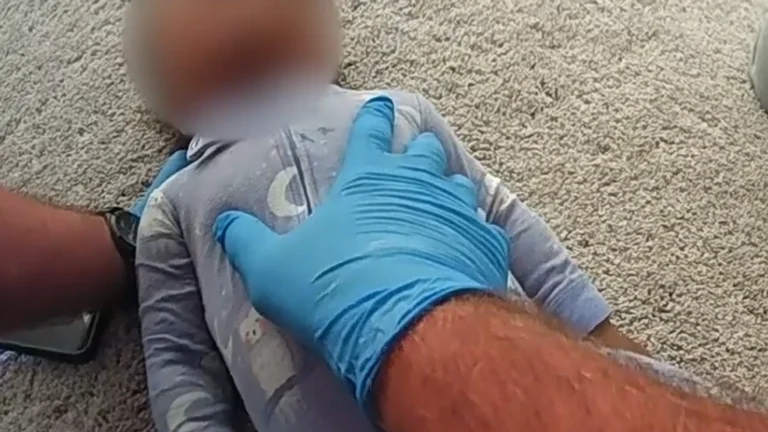Surviving a California Custody Battle with a Narcissist: What Parents Need to Know
CALIFORNIA — For many parents, custody battles are painful. But when one parent is a narcissist, the emotional and legal toll can become overwhelming — especially in California’s backlogged family court system.
A recent guide by divorce educator and Irooze founder Ravit Rose has drawn attention for its empathetic and strategic advice to parents navigating these uniquely difficult situations.
The California Custody Landscape: 50/50 Split Isn’t Always Safe
California courts often default to 50/50 custody agreements under the assumption it serves the child’s best interest. But, as Rose explains, this structure can become a battlefield when one parent weaponizes time-sharing to manipulate or control.
“Narcissists don’t co-parent — they counter-parent,” Rose writes in her LinkedIn article.
Complicating matters, California’s family courts are heavily backlogged. Custody cases can drag on for months or even years, during which children may face psychological strain from being caught between contentious parents.
When Kids Become Collateral Damage
Rose identifies common manipulative tactics used by narcissistic parents:
-
Sharing sensitive court documents with children.
-
Spreading false narratives about the other parent.
-
Engaging in subtle but persistent parental alienation.
These behaviors may look like concern on the surface but are deeply damaging. As Rose describes, emails and interactions may appear polite and civil, yet drip with psychological manipulation.
Case Study: The “Calm” Email That Wasn’t
One mother received weekly emails from her ex: “Jordan seemed tired on Sunday — can we talk about bedtime?” Though innocuous at first glance, this recurring message implied she was failing as a parent. Through coaching, she recognized the pattern and learned to set healthy boundaries.
Becoming the Safe Place Parent
In high-conflict custody cases, parents cannot control the narcissist or the court — but they can control the emotional environment at home.
“Be the port in the storm,” Rose advises. When a child returns from a tense visit, offer stability, comfort, and quiet space — not interrogation.
A father she coached learned to stop overanalyzing his daughter’s behavior after transitions and instead focus on consistent emotional support. The result: She began to open up about her experiences voluntarily.
The Neuroscience Behind Healing
Research shows that adverse childhood experiences (ACEs) can have long-term effects, but supportive adult relationships can counteract the damage.
Rose encourages parents to focus on presence and predictability, even if life feels chaotic. “Your nervous system is your child’s anchor,” she notes.
Case Study: Rebuilding Trust After Alienation
One mother’s 9-year-old son refused visits, parroting false claims from his father. Instead of reacting defensively, she leaned into steady routines: weekend pancakes, bedtime stories, and active listening. Months later, her son confided, “I just felt like I had to pick sides.”
You Need Support Too
Rose stresses that parents must invest in their own well-being. Whether it’s therapy, coaching, journaling, or community support — emotional regulation begins with the caregiver.
A California dad told her, “You’re the only person who doesn’t make me feel crazy.” This, she says, is the essence of effective coaching: helping parents reset and show up for their kids with resilience and calm.
Be the Anchor, Not the Superhero
“Your child doesn’t need you to be perfect,” Rose writes. “They need you to be safe. Predictable. Present.”
If you’re facing a custody battle with a narcissist in California, you’re not alone — and you can come out of this with your child’s trust intact.
Are you a California parent navigating custody challenges with a high-conflict ex? Share your experience or advice in the comments on saludastandard-sentinel.com.







